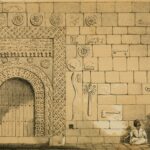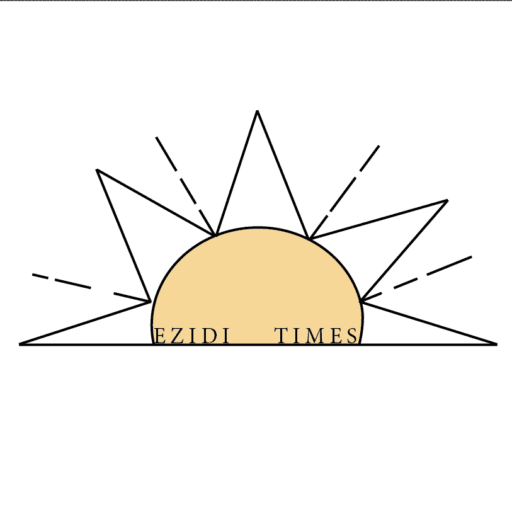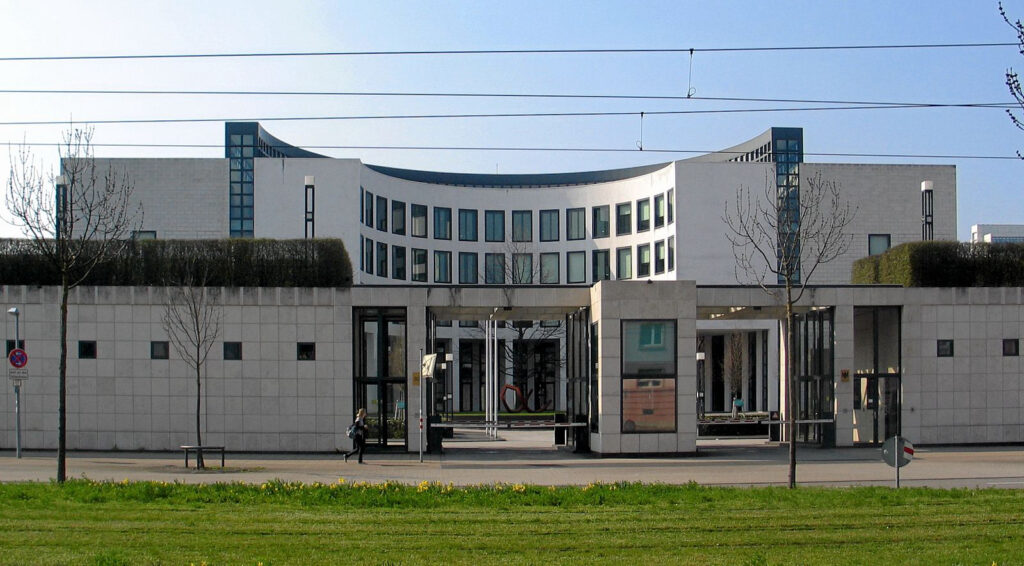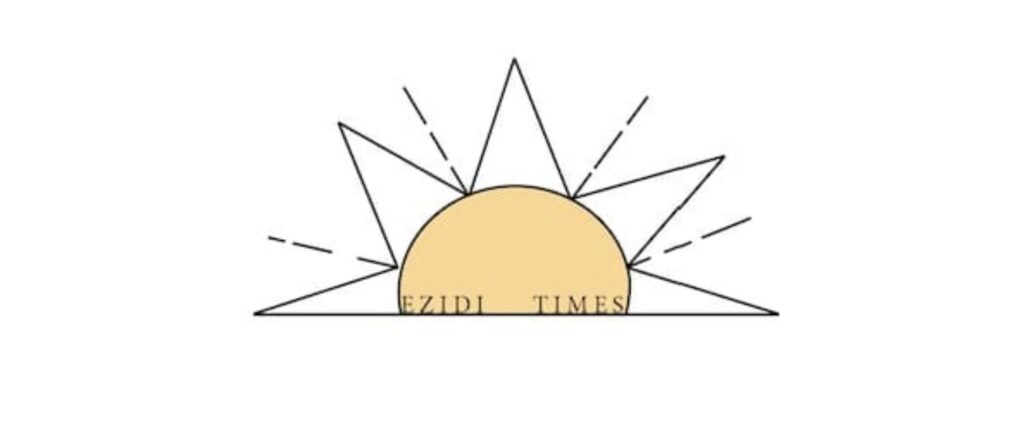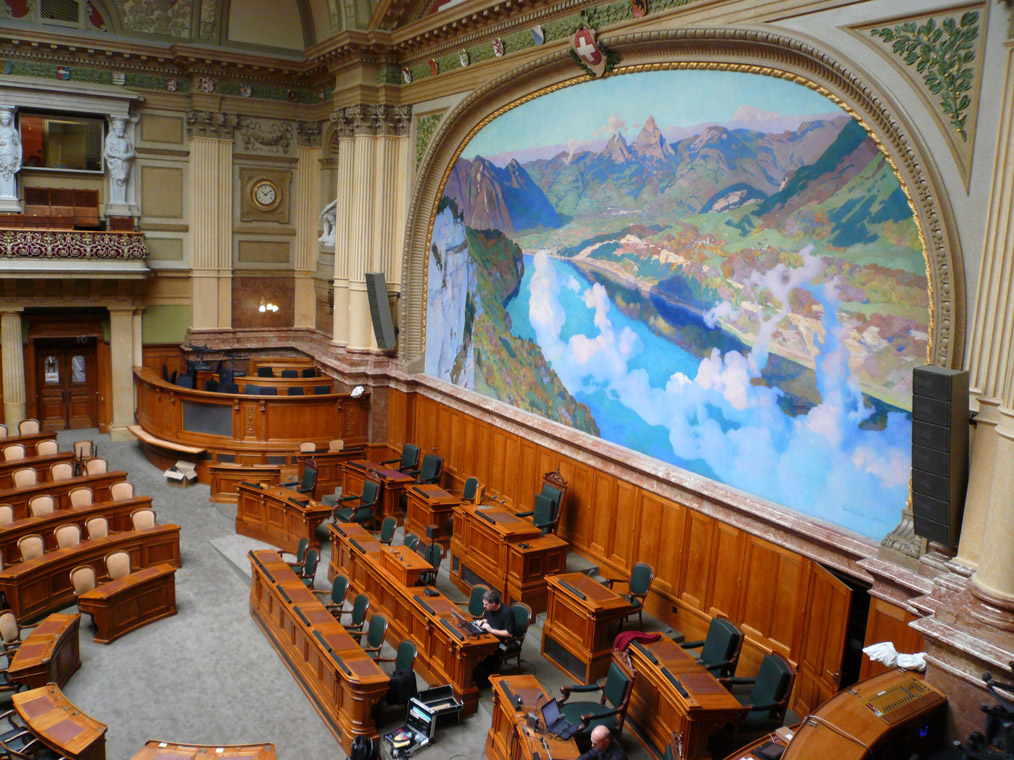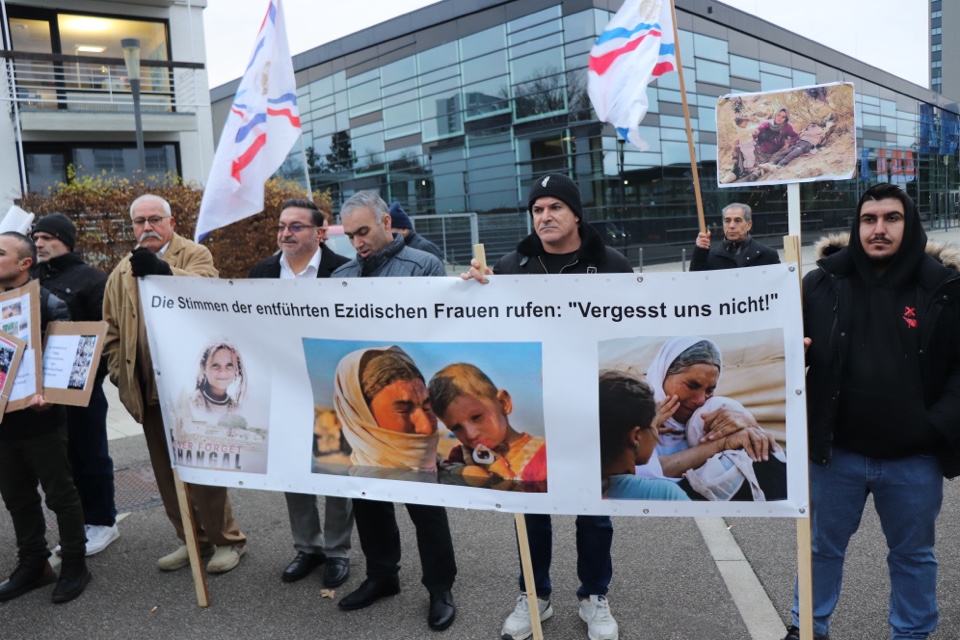In 2007, Hales fled to Germany with her mother and sister—a country she eventually came to not only appreciate but, one might say, love, for both its freedoms and its values. As a Ezidi, an ethnoreligious group that has faced centuries of persecution, the concept of freedom holds great significance for Hales. She came to deeply understand the value of freedom through the atrocities committed by Islamist groups. The most recent of over 70 Ezidi genocides occurred on August 3, 2014, with thousands of women still held captive by ISIS. “We have lived in captivity long enough; now it is time to stand up for our freedom and our rights,” says Hales.
